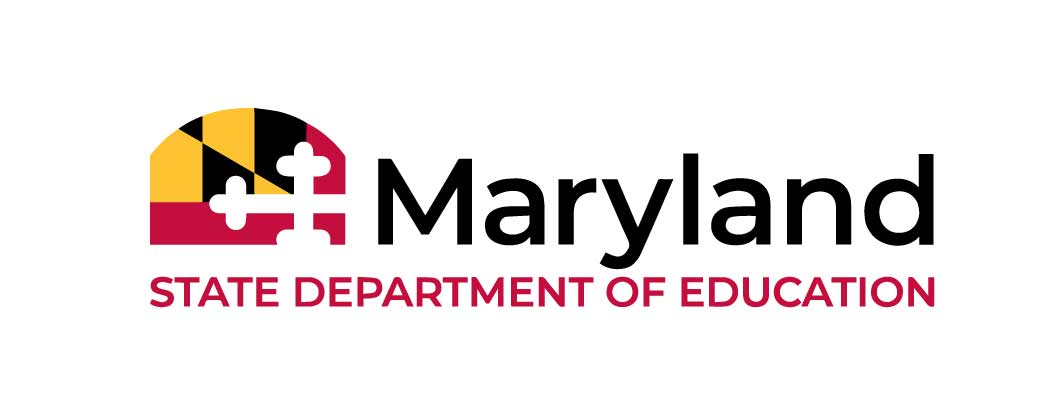Beginning the Secondary Transition Process

Tip #24: Parents: Secondary transition documents may introduce new abbreviations or technical language into your child’s IEP meetings. These can include adult agency abbreviations, formal and informal transition assessment abbreviations, or language summarizing the assessment and any secondary transition goals and transition activity statements. Ask for clarity around these terms at any time, especially as they relate to the outcomes that are being planned for your child.
While secondary transition must be incorporated into a child’s IEP when he or she turns 14, planning for transition should begin much earlier. Applying to service agencies early on during middle school allows time to move the child through the application process and ensure there is no lapse in services.
There are three taxpayer-funded agencies in Maryland that are incorporated into the IEP. A child may receive services from any combination of these agencies, and each requires its own application.
Department of Rehabilitative Services (DORS)
DORS is the main service agency for students who have a disability. DORS helps people with all kinds of disabilities find and keep work by providing career assessment and counseling, assistive technology, job training, higher education, and job placement.
The DORS application process may take the longest, as most students with disabilities will make use of their services. However, not all students will be eligible; be sure your child will be eligible to receive what he or she needs from DORS before applying.
Developmental Disabilities Administration (DDA)
The DDA is focused on delivering services to students with more severe developmental disabilities to provide resources they need to live fulfilling lives. The Transitioning Youth Initiative at the DDA is a collaborative effort with DORS to fund supported employment and other day services for students.
Behavioral Health Administration (BHA)
The BHA meets the needs of students with mental health conditions and substance-related disorders whose behavioral problems could affect their ability to successfully transition into adulthood.
For More Information
Many schools host transition fairs for families over a weekend in both fall and spring. Representatives from all three agencies listed above attend these fairs and can discuss with families directly how they help students. It is highly recommended for parents to attend these fairs to learn about the agencies and their services.



